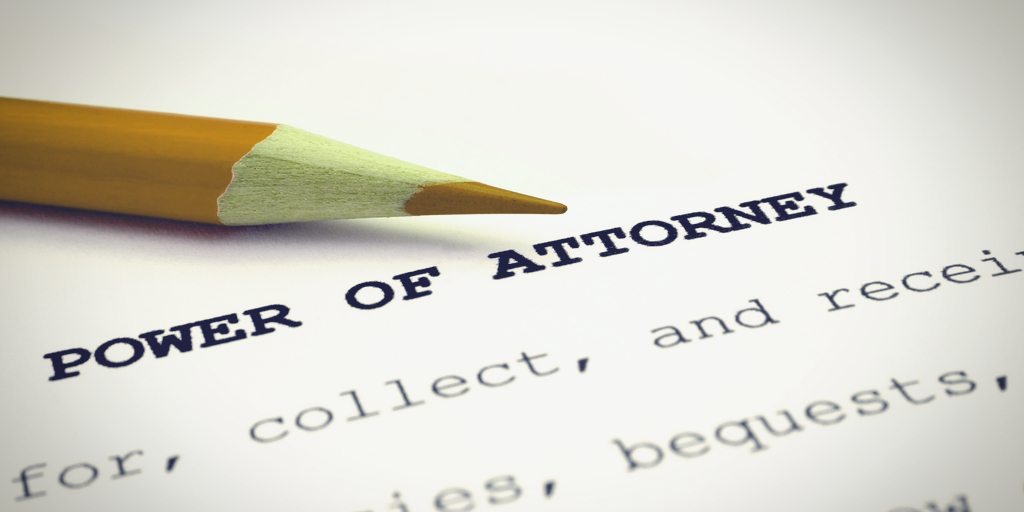It is a misconception that a Lasting Power of Attorney is something only the elderly should consider. Illness, accidents, strokes and dementia can strike at any age as can other incapacitating events.
Having an LPA in place is a small price to pay for the peace of mind that your financial affairs and personal welfare will be taken care of by someone you have appointed and entirely trust.
These documents are designed to prevent abuse and misuse of a person’s assets.
What is a Lasting Power of Attorney?
A Lasting Power of Attorney is a legal document giving another person (your attorney) the authority to manage your affairs and act on your behalf and is specifically designed to be used where you lack capacity to act for yourself.
No one can create a power of attorney for you and you must create a power of attorney whilst you are still capable. By planning ahead and making an LPA, you are able to appoint trustworthy persons, give clear instructions and set boundaries as to how they are to handle your affairs should you be unable to do so in the future.
If you fail to create a Lasting Power of Attorney whilst you are capable then anyone who wishes to act on your behalf, including your spouse, has to apply for a Deputyship order via the Office of Public Guardianship which is a lengthy and expensive process.
Setting it up doesn’t mean you have to give up control. Usually the power of attorney will only come into force once it has been registered.
It takes several weeks to register a lasting power of attorney – yet another reason to get it set up early. If you lost mental capacity during those weeks, your attorney would not be able to act for you in the meantime.
Types of Lasting Power of Attorney
There are two types of Lasting Power of Attorney, one for your financial affairs and one for your personal welfare. These documents are called “Lasting Power of Attorney – Property and Financial Affairs” and “Lasting Power of Attorney – Health and Welfare”
Lasting Power of Attorney – Property & Financial Affairs
The Lasting Power of Attorney – Property and Financial Affairs, deals with matters relating to your property, business and financial affairs. If someday you lack the capacity to look after your own financial affairs, this document will entitle your property and affairs attorney(s) to do the following types of things:
- Opening, closing or operating bank accounts
- Claiming, receiving your pensions, benefits, rebates etc
- Making all tax returns, adjusting & settling any claim for tax
- Paying your household expenses
- Buying, leasing, selling property
- Paying for private medical care and residential care costs
Lasting Power of Attorney – Health & Welfare
The Lasting Power of Attorney – Health and Welfare, deals with matters relating to your personal welfare, i.e. your social and health care needs. If in the future you lack the ability to look after your own personal welfare, this document will entitle your personal welfare attorney(s) to decide and make decisions on the following types of things:
- Deciding where you live
- Day-to-day decisions, what you will eat or what clothes you shall wear
- Decisions about medical care and treatment you will receive
- Deciding when and where you will go on holiday
- Deciding what social activities you might participate in.
You have the option of placing restrictions in the above LPA’s but these documents can only be used after they have been registered with the Office of Public Guardianship.
If you need any further information, or would like to discuss, this matter further, please contact us here at Family Matters on 0161 528 4200 or visit our Contact Us page


